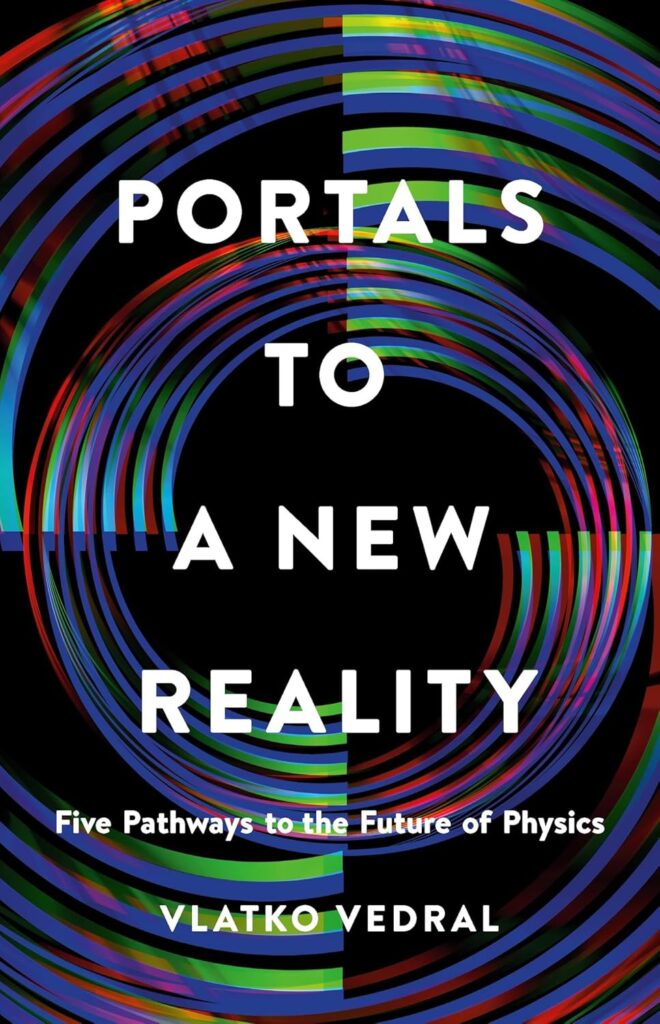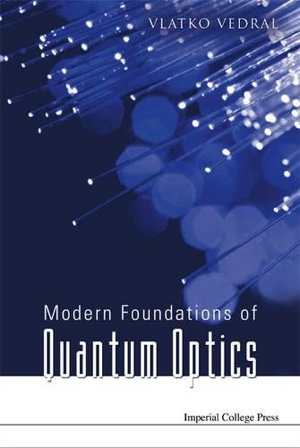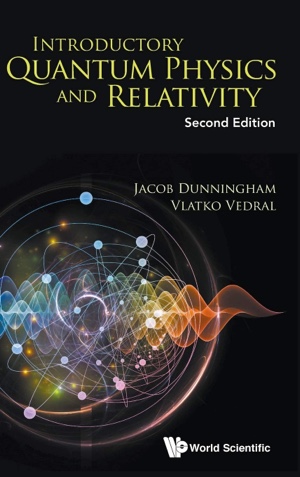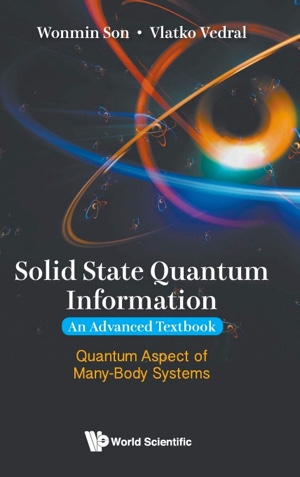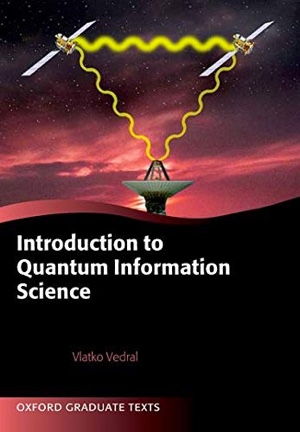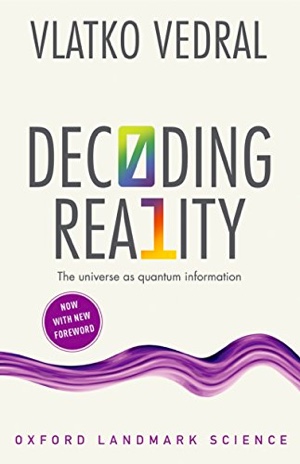Occasionalism and Quantum Entanglement
Quantum physics is frequently viewed as violating the law of causality, namely that the same causes ought to produce the same effects. If I drop a ball from rest from a certain height, it will always reach the ground in the same amount of time, and with the same terminal speed. No matter how many times we repeat this experiment (and Galileo had done it till he was blue in the face) we will never obtain – to within an experimental error – a different result. The same initial conditions always produce the same final outcomes in classical physics.

Photo by RDNE Stock project: https://www.pexels.com/photo/close-up-view-of-a-tennis-ball-on-a-wire-fence-8224406/
In quantum physics, on the other hand, we can send a photon in exactly the same state through a beam-splitter and every time it could come out differently from the previous experiment. However, this does not mean that there is no causality in quantum physics. First of all, the same initial quantum states always lead to the same final quantum states according to the unitary Schrödinger evolution. Specifically, the photon after passing through the beam-slitter is always in the same superposition of having come out of both of the ports, in the same superposition.
Secondly, even though when we measure the output, we will randomly get a click in one port or the other (but never both), the statistics established over many experiments is perfectly causally correlated with the initial conditions. If the beam-splitter is 50/50, then half of the photons will come out one way and the other half the other (again within the experimental standard deviation). So, both the final states and the final statistics are causally linked with the initial preparation!
So, what’s going on here? Well, I’d like to discuss two possible views on causality and, in order to do so, I will have to take you back to the medieval Arabic philosopher Al-Ghazali. He wrote an influential book with the title that I would love to have thought of myself “The Incoherence of Philosophers”. This work of his established a doctrine known as the Occasionalism (hence my title).
Al-Ghazali – in a remarkable anticipation of David Hume some seven centuries later – maintained that material things cannot be considered causes of things that happen in the universe. The ultimate cause is always God, who also, according to Al-Ghazali, created matter and everything else. According to this view, the reason why a cloth burns when set on fire is not because of the fire (coupled with the fact that the cloth is made of a flammable material) but because God decides to act that way. In other words, God could always choose otherwise. Al-Ghazali argued in all generality that every instant of the universe does not necessarily follow from the state of affairs pertaining to the previous instant, but it is always – ab initio – created by God. The existence of the universe is continuously maintained by God without whose creative input nothing would be able to either happen or even exist.
Now Hume was a famous atheist. However, he also made a similar claim that there is no necessary connection between causes and effects – it’s just that we habitually, from observation, associate one with the other. So, I bite into an apple and I expect, based on all my previous experiences, that I will taste an apple. But, so Hume says, there is no logical necessity for this anywhere in the universe. It might happen that the next time I eat an apple, it ends up tasting like a steak (I wish).
What Hume exposed is the so-called problem of induction. No matter how many times we observe that B follows from A, there is nothing that guarantees to us that this will have to happen next time too.
In science, we have actually internalised this state of affairs. All our laws are tentative and subject to further revisions, precisely because the next experiment we do might violate them.
But, and this is the interesting point, we can still say that what causes outcomes in quantum physics, in each particular experiment, is an act of God (though this would make God a very busy person indeed because one could argue that he would have to act every Planck’s time, everywhere in the universe). So even though we have ruled out any material cause – in the sense that there are no local hidden variables in quantum mechanics – it is still possible that there are causes out there that we are unable to reach and quantify (like some conceptions of a deity).
Be that as it may, let me try to remove what I believe is a common misconception about quantum mechanics.
The way that quantum acausality is frequently phrased is like this. When I observe a system in a superposition, like the photon at the output of the beam-splitter, why do I see one outcome and not the other one? Why did I not end up in the other branch of the multiuniverse?
Now this seems to be asking the same question regarding the causal link between the initial state of the photon and what I finally observe. But, it is worth remembering Heraclitus: “You cannot step into the same river twice and the man who steps in is not the same man”. Namely, the next experiment is never the same as the previous one (the time has advanced between them if nothing else), but – more importantly – the outcome of the first observation changes the state of the observer too (it’s not just the river that’s not the same at the next instant).
In other words, we cannot ask in quantum mechanics why *I* wasn’t the other observer, since the observation I made actually defines me! In fact, there is another observer in the other branch that sees the other outcome, however that is not me – again, because seeing different things make us into different people. So, this is an intriguing state of affairs (that Heraclitus had not anticipated) that tells us that the outcomes of the individual experiments cannot be predicted in general, but the whole state of affairs in quantum mechanics is still deterministically, causally, fully connected to the initial conditions.
It is, therefore, meaningless to ask why I didn’t end up in the other branch of the multiverse, since someone did end up there and he is – by definition – not me!
A final word of caution and then I’ll let you be. Many of my readers will know that I strongly believe that observers are not needed in quantum physics. In fact, entanglement tells us that all objects can act as “observes” for any other object in question. So, whenever I say “an observer”, I mean “a quantum system that is simply capable of getting entangled to another quantum system”.
The interesting question is this. Would Al-Ghazali and Hume have changed their minds about the relationship between causes and effects had they known about quantum entanglement? Beats me, but entanglement sure as hell has led to many philosophical incoherences even outside of the realm of causes and effects, so your guess is as good as mine.
Sign up to my substack
BOOKS
ASK ME ANYTHING!
If you'd like to ask me a question or discuss my research then please get in touch.
